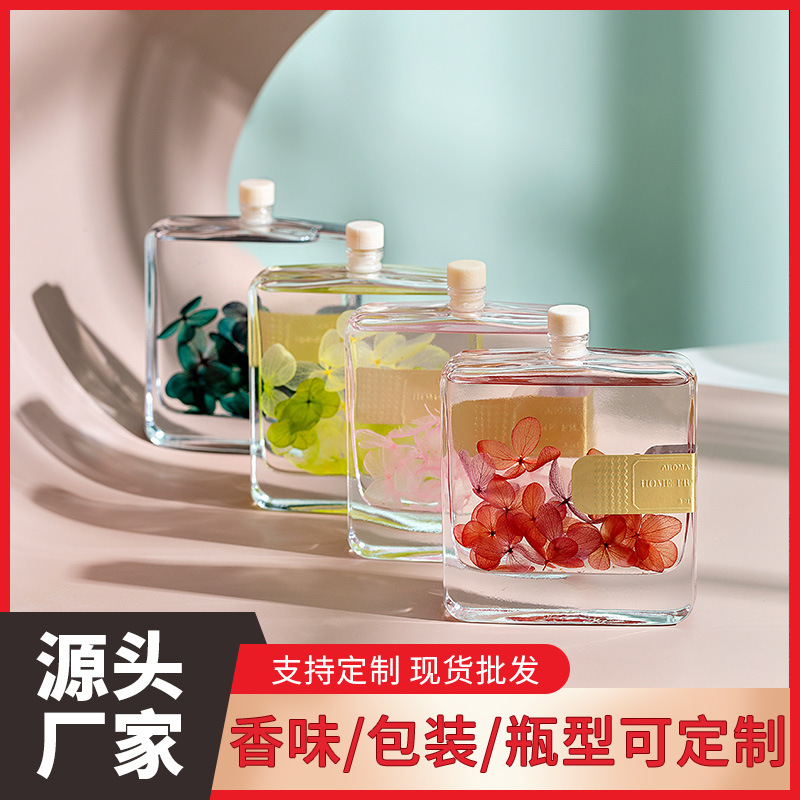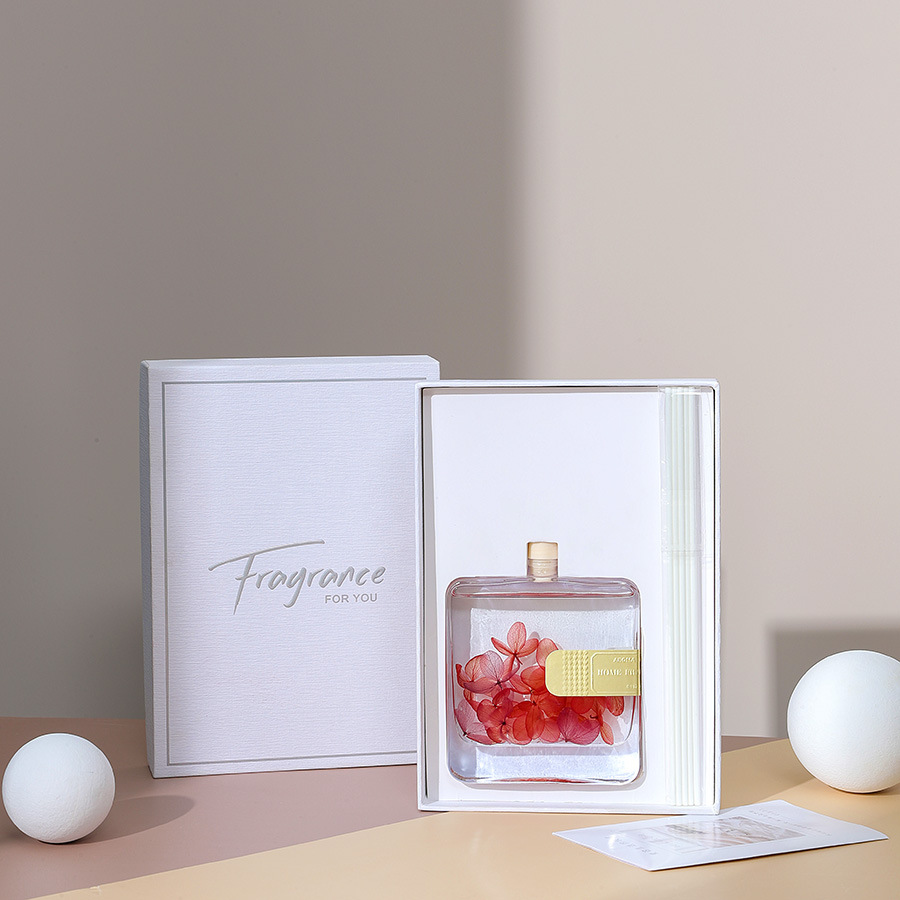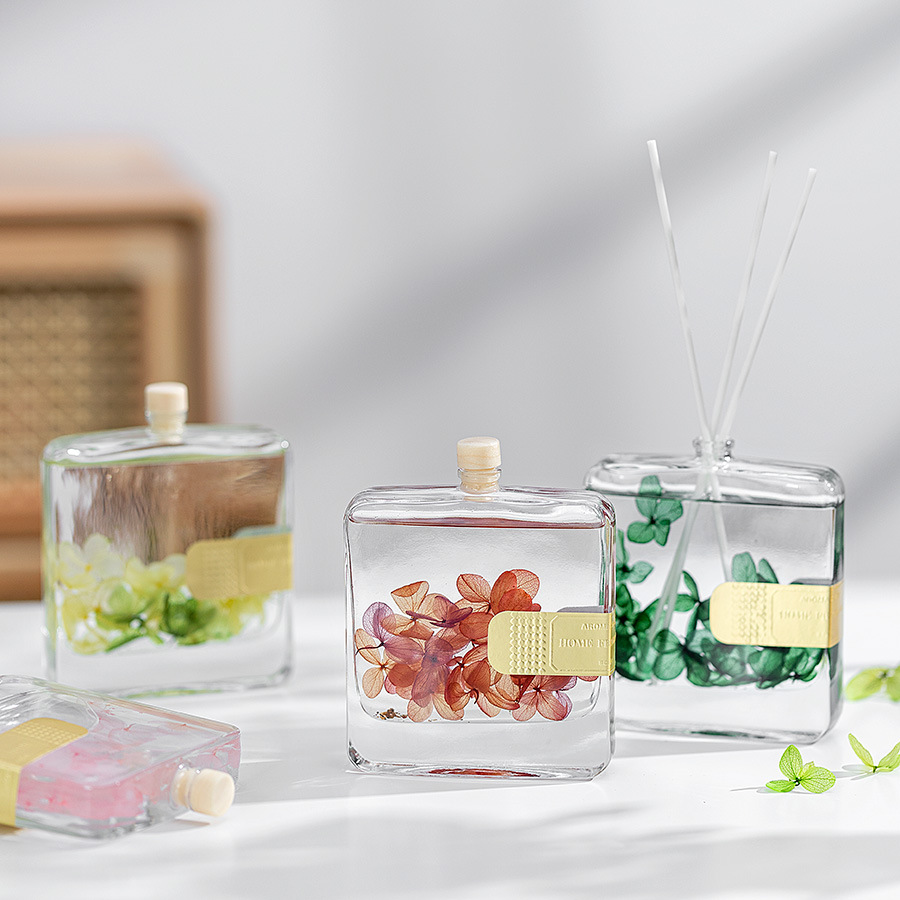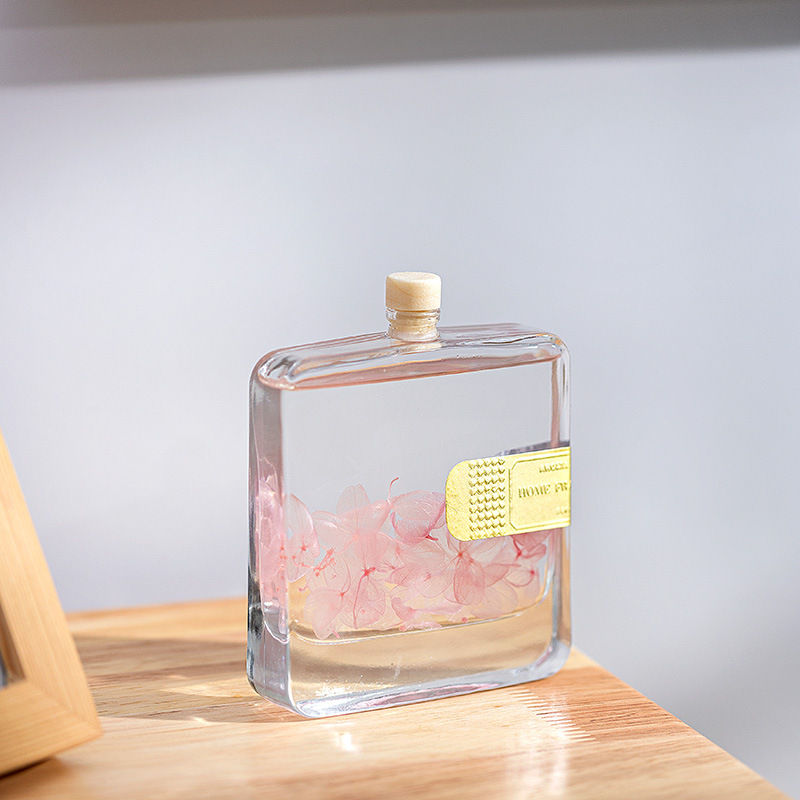Literati, Ink Masters, and Fragrance: The Position of Chinese Aromatherapy in Ancient Culture
In the vast history of China, aromatherapy culture has permeated the lives of literati with its unique charm, becoming an important carrier of their spiritual pursuit and life interest. From the "Chai Festival" during the Yin and Shang dynasties to its popularization during the Ming and Qing dynasties, aromatherapy not only witnessed the evolution of Chinese civilization, but also shone brightly in the hands of literati and ink artists.

The Origin and Evolution of Aromatherapy Culture
The culture of aromatherapy has a long and rich history. As early as the Yin and Shang dynasties, our ancestors used "burning wood with their hands" as a "wood sacrifice", which was the earliest prototype of aromatherapy. From the Western Zhou Dynasty to the Spring and Autumn Period and Warring States Period, the use of incense in sacrificial ceremonies followed the ancient tradition of burning Artemisia annua and burning firewood to worship the heavens, while the use of incense in daily life gradually became integrated into daily life, with wearing sachets and bathing in orchid soup becoming part of etiquette. During the Qin and Han dynasties, with the opening of the Silk Road, exotic spices such as agarwood and green wood entered the Central Plains, greatly enriching the connotation of Chinese fragrance culture. By the Tang and Song dynasties, the culture of aromatherapy had reached its peak, with literati and ink artists using and savoring fragrance as a symbol of elegant living.

The inseparable bond between literati, ink artists, and fragrance
There seems to be an inexplicable bond between literati, poets, and incense. They not only use fragrance to purify the air and refresh the mind, but also regard fragrance as a medium to nourish the soul and cultivate sentiment. Reading with fragrance as a friend, solitude with fragrance as a companion; Make friends in calligraphy and painting, enhance their elegance with fragrance; By delving into the mysteries and discussing the Tao, one can use fragrance to enhance their spiritual wisdom. In the writings of literati, fragrance is not only a material enjoyment, but also a spiritual sustenance.

The great literary figure of the Song Dynasty, Su Shi, was a lover of incense. He once wrote in his poem: "Four verses of burning incense, spread throughout the southeast with the fragrance; they are beyond the reach of literary thought, and make the nose first to observe." This not only expresses his love for incense, but also reflects the indispensable position of incense in the lives of literati. The Tang Dynasty poet Du Fu also wrote the poem "Clear Heart Smells the Wonderful Fragrance", depicting the subtle connection between fragrance and mood.
The Art and Aesthetics of Aromatherapy
Aromatherapy culture is not only a way of life, but also a manifestation of art and aesthetics. In the process of using incense, literati and ink artists not only pursue the fragrance of the aroma, but also pay attention to the production of incense, the selection of incense utensils, and the sense of ritual in using incense. They carefully mix and blend fragrances, using top-quality spices and complex processes to create fragrances, which are then burned or fumigated with exquisite incense utensils to achieve the best fragrance effect.

In addition, literati often combine fragrance with art forms such as calligraphy, painting, poetry, etc., creating many masterpieces with fragrance as the theme. These works not only showcase the beauty and mystery of fragrance, but also embody the emotions and ideals of literati.
Modern Inheritance and Development
With the changes of the times, aromatherapy culture has received new inheritance and development in modern society. In the fourth district of Yiwu International Trade City in Zhejiang Province, Yiwu Wancheng Fragrance Crafts Co., Ltd., as an enterprise specializing in aromatherapy crafts, is committed to combining traditional aromatherapy culture with modern design concepts, and has launched a series of innovative and practical aromatherapy products.
The company not only focuses on product quality and design, but also delves deeper into the connotation and value of aromatherapy culture. Through holding aromatherapy culture exhibitions and organizing aromatherapy experience activities, more people can understand and love aromatherapy culture. Under the promotion of Yiwu Wancheng Fragrance Crafts Co., Ltd., aromatherapy culture is gradually moving towards a broader market and a wider audience.
In short, aromatherapy culture played an important role in the lives of ancient Chinese literati and poets. It was not only a material enjoyment, but also a spiritual sustenance. In modern society, as people's pursuit of quality of life and cultural connotations continues to improve, aromatherapy culture will surely shine with even more brilliant light.












